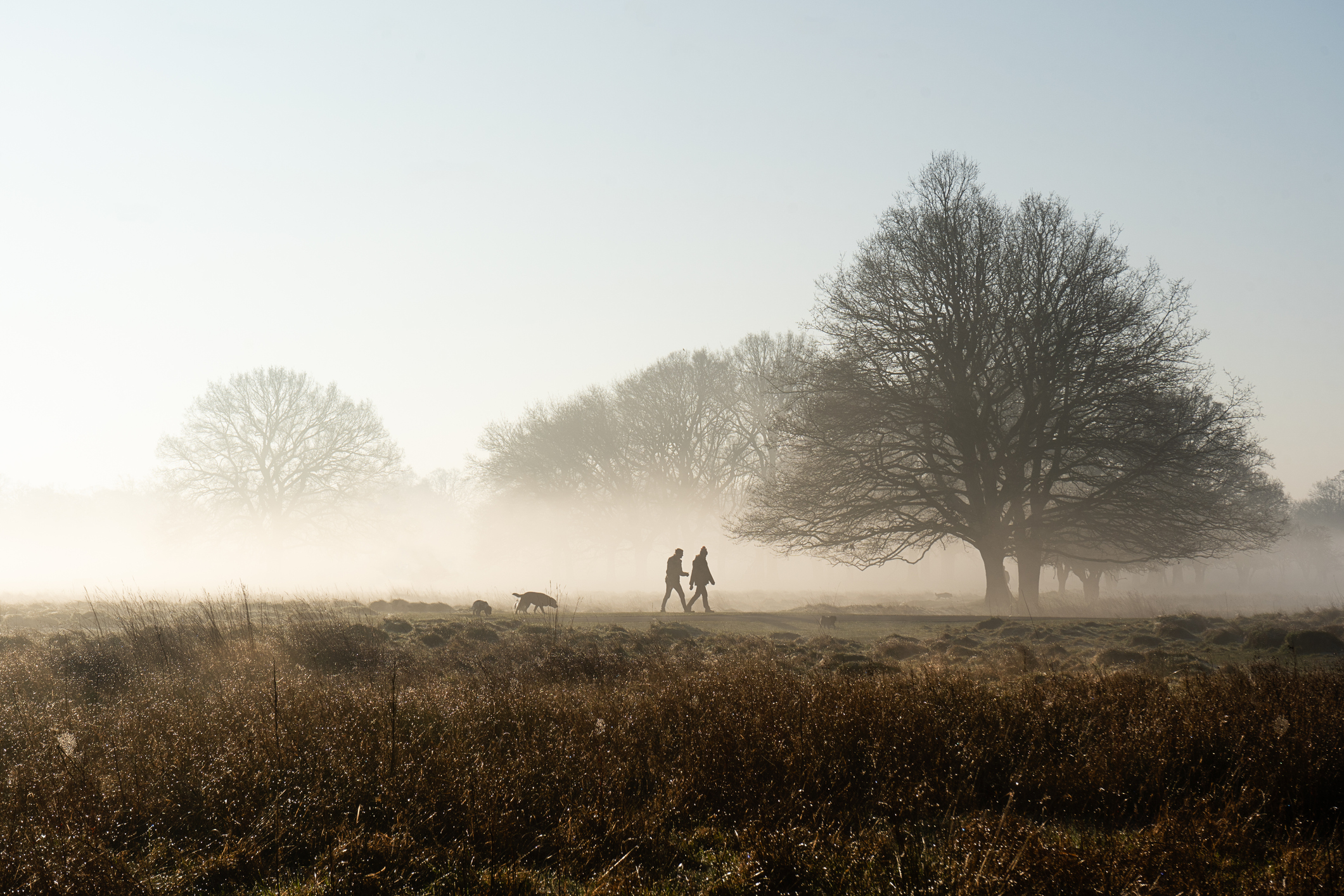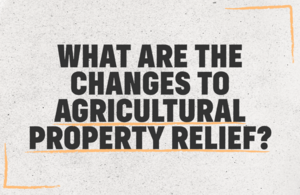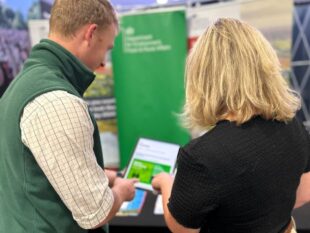
Today, our Countryside Stewardship scheme opened for 2022 agreements.
Countryside Stewardship offers financial incentives to farmers, woodland owners and land managers to take care of their environment.
This includes things like conserving and restoring wildlife habitats and managing flood risk. A longer list can be found on the official GOV.UK guidance page.
Countryside Stewardship has been around for quite some time. The Rural Payments Agency (RPA), responsible for administering CS, has worked with the industry to improve the process and offer online. We will blog about how the team did this in the coming weeks.
From today applicants will experience a simplified process and more options. In response to user’s feedback, a number of changes were made. These include:
- new options to help improve air quality, water quality and reduce ammonia emissions
- improving the capital grant offer, making 67 options available which can sit alongside a wildlife offer
- creating new wood pasture options in the uplands, at payment rates suitable for upland application, providing a mosaic habitat of grassland, scrub and trees
- making the capital offer available to Higher Level Stewardship (HLS) agreement holders, where the options are compatible
- improving woodland options, including bringing bracken control and stone wall options into woodland management and combining Woodland Creation and Woodland Maintenance grants
- increasing the number of capital items that farmers can apply for using the Rural Payments service, covering water capital, hedgerows and boundaries and air quality
- expanding eligibility criteria for the upland option UP2 (management of rough grazing for birds), enabling more land managers to access this option and further improve the upland offer.
Countryside Stewardship will eventually be replaced with the new Environmental Land Management scheme. By entering an agreement now, farmers will benefit from the new agricultural policy once it is fully rolled out in 2024.
We will provide a straightforward way for CS scheme agreement holders to transfer across to Environmental Land Management once it’s ready. We’ll publish more information about that later this year.
Farmers and land managers who are new to taking on environmental work or with expired or expiring Environmental Stewardship agreements can apply for mid-tier, higher-tier, capital grants and woodland support.
To find out more or to apply, visit GOV.UK. Information manuals can be downloaded online from GOV.UK, or you can request to receive an application pack in the post by contacting RPA.
If you apply, let us know how you found the experience in the comments.




 The
The 
25 comments
Comment by mrs jenny hart posted on
I am undertaking a project for Cornwall Council which is to survey all the rights of way in our parish. I want this to be with the cooperation of landowners. What provision is there to support farmers in who have footpaths and bridleways over their land?
Comment by Sarah Stewart posted on
Hi Jenny, thanks for visiting the blog and commenting.
In the Agricultural Transition Plan you'll see that that through Environmental Land Management, government will incentivise farmers and other land managers to deliver public goods. Six public goods are listed. Public access is an important part of the last public good on that list: enhanced engagement with the environment.
We are in the process of developing our approach to making payments under the Environmental Land Management scheme, working with landowners to identify how best to support the provision of environmental goods and to determine what approach to payments would be most appropriate. We will write more about our progress here on the blog.
Here is a link to the Agricultural Transition Plan which contains more detail: https://assets.publishing.service.gov.uk/government/uploads/system/uploads/attachment_data/file/954283/agricultural-transition-plan.pdf
Comment by Marianne Hill posted on
Good reply, however, land owners can also be hands off investment owners whos first consideration is simply rent, other issues such as 'Natural Capital' are being thrown in to new FBTs along with terms such as 'Regenerative' management. What is missing across the board is the understanding that the farmer (tenant) needs to be considered in far greater depth within this equation. Otherwise tenanted land will go in ever greater quantity to freehold farmers looking to expand their holding/enterprise, diminishing the quantity and diversity within the human community and effectively block new entrants over time.
Comment by Caroline posted on
That is such a valid question. Tenants are struggling to see where they fit into this grand scheme at present. This just emphasises that not one scheme will suit the large variety of land management criteria in place The flexibility of the Landowner/farmer to the restrictions of a tenant farmer.
The danger is that most Capital items on offer are suited to the Landowner thereby encouraging a squeeze on the tenant to quit.
Comment by Michael John Wilby posted on
I would be very interested in how Landowners ( custodians of the Countryside?) seek to use the provisions outlined ,and in particular ,use the "loophole/s " which enable Shoots to still control birds of prey under licence ?
Comment by Sarah Stewart posted on
Hi Michael, thanks for visiting. It's worth restating that all our wild birds are protected under the Wildlife and Countryside Act 1981, with strong penalties for committing offences against birds of prey and other wildlife. Together with landowners, government will continue to work to ensure a sustainable future for our environment and wildlife. You might find this page on GOV.UK useful: http://www.gov.uk/government/news/new-general-licences-for-the-control-of-wild-birds.
Comment by mrs jenny hart posted on
thank you sarah, this will be a very positive message to give my local farmers in the interim between the old stewardship scheme, and the new elm policy. jenny hart
Comment by Michael John Wilby posted on
Hi Sarah - Many thanks for your excllent response & very positive !
Comment by Andrew Fell posted on
I can't find the hedgerow and boundary grant application for 2022 . Is it open yet?
Comment by Sarah Stewart posted on
Hi Andrew, I'm sorry you had trouble finding it. It is open - the capital offer was expanded to include 67 options, so you can find the options that were previously called 'hedgerows and boundaries' under a new name: 'boundaries trees and orchards'. Here is the link: https://www.gov.uk/government/collections/countryside-stewardship-get-paid-for-environmental-land-management#cs-capital-grants
Comment by Simon Bath posted on
Just spoken Defra helpline 03000 200 301 and one of your male agents. About why there is no PDF manual of the Mid Tier Countryside Stewardship for 1st January 2022 schemes, as there was produced and excellent for the last years plan start date 1st Jan 2021 which can only be found online which is now historical.
The Defra agent said you were getting several calls on this asking same question . He said the application information is all being done online and must refer to scheme data by each section on 2022 information online rather than a Pdf manual. He said by number of calls received they may need to rethink and produce an online pdf as well as for those applying by hand.
Also i am often tasked on my farms in existing agreements on management of options, and refer to the excellent Pdf manual titled Mid Tier options, Supplements and Capital grants last revised January 2018 which physically shows how each code on mid tier is managed from site, sowing, seed mixes, management etc . Has this been updated and available as a PDF to download for 2021 ??
Also will we see a PDF of the CSS Mid Tier for Jan 1st 2022 start date very soon as colleagues and me frustrated by lack of one to date??
Comment by Jess Everett posted on
Hi Simon, thanks for raising this with us. I’m pleased to say that the communications team are working on the Mid Tier scheme rules PDF at the moment, which they hope to publish in the next couple of days. They’ll then look at creating other PDF versions of online products. Jess
Comment by Simon Bath posted on
Thank You Jess. Sounds all positive and good news to hear PDF versions are being updated for the 1st Jan 2022 scheme . And also updated PDF of other online products which hopefully include even if no changes to management of, the Mid Tier Options, Supplements and Capital Grants PDF though I know the Capital Grants has now a separate scheme from Mid-tier. The Management of Mid-Tier options in the field is essential reference for Stewardship farmers as well as their agronomists/advisors like me to get the best out of the schemes, to benefit farms, nature and UK Gov. Same will go for 2024 launch of ELMS.
So shall have a look this time next week when done, unless you can send a link in this reply box for me when done . Thanks again and awaiting in hope :0)
Comment by Simon Bath posted on
I see what i requested as been produced but prefer the 2021 start booklet for easier to read format, green highlights and a very nice photo on the fron cover. The new 2022 copy is rather bland and considering its all for nature, you are missing a trick with no photos in it.
Still awaiting to see if any management updates on options, as using the excellent 2019 version as reference all the time on option management.
Comment by Alan Cranston posted on
Please could you tell me more about the changes bearing on the uplands. That is to say, the third and seventh bullets above. Please refer to the relevant docs and how they have changed where possible, there is no need for a full explanation here in response. Many thanks.
Comment by Sarah Stewart posted on
Hi Alan,
Thanks for visiting the blog.
On the third point:
Wood pasture is a valuable habitat providing huge biodiversity benefits by providing a range of trees, scrub and grassland delivering for a wide range of species. Wood pasture options including management of wood pasture and parkland, restoration of wood pasture and parkland and creation of wood pasture were originally only available in the lowlands (below the SDA line). Defra reviewed the assumptions regarding the use of these options in the uplands and calculated new payment rates which we believe better support upland land managers.
On the seventh point:
Management of rough grazing for birds funds land managers to restore and maintain a varied grassland habitat designed to benefit upland bird populations. Previously, only land that was mapped on http://www.magic.gov.uk as an ‘upland breeding bird area’ was eligible. This year we have expanded the eligibility criteria to allow a wider range of applicants to include this option in their agreement and deliver environmental benefits across a larger area in the uplands.
I hope this helps.
Sarah
Comment by Alan posted on
Hi Sarah, Many thanks, that's clear. Could you point me towards the new eligibility criteria relating to the seventh point. Cheers, Alan
Comment by Sarah Stewart posted on
Apologies Alan, forgot the links!
Management of rough grazing for birds: https://www.gov.uk/countryside-stewardship-grants/management-of-rough-grazing-for-birds-up2
Management of wood pasture and parkland: https://www.gov.uk/countryside-stewardship-grants/management-of-wood-pasture-and-parkland-wd4
Restoration of wood pasture and parkland: https://www.gov.uk/countryside-stewardship-grants/restoration-of-wood-pasture-and-parkland-wd5
Creation of wood pasture: https://www.gov.uk/countryside-stewardship-grants/creation-of-wood-pasture-wd6
Comment by Chris Murley posted on
Can anyone please tell me if I am eligible for a grant of any kind. We have bought a small 50 acre farm in the far south west of Cornwall with the idea of using 30acres for growing turf for sale. The balance of the land will be used for livestock and left as heathland. I am curious as to if I can obtain a grant as the turf offers a carbon sinkhole.
Comment by Sarah Stewart posted on
Hi Chris,
We've partnered with advisers up and down the country who can provide you with free business advice. The advisers have an overview of the schemes and grants you might be eligible for. You can find a list of the advisers here and you can get in contact with them directly https://defrafarming.blog.gov.uk/2021/07/13/the-future-farming-resilience-fund-providers-named/
You might also want to take a look at this overview page, which contains a list of all the schemes we're working on and the dates to look out for. https://defrafarming.blog.gov.uk/2021/06/23/how-farming-is-changing/
Best wishes,
Sarah
Comment by LHF posted on
Hello Sarah
We are trying to get an overarching understanding of the current regime and the transition to ELMS. We are a small peak district livestock farm and had our Higher Level cut back to Mid Tier last year which has been a big financial hit. We are now trying to: (i) plan the next 3 years surviving with the lower CS payments and the tailing BPS and (ii) looking more optimistically into 2024 and beyond as we seek to provide public goods on an ever greater scale. Is the Path to Sustainable Farming doc the best place to start? Is there anywhere else we should be looking?
Comment by Sarah Stewart posted on
Hello,
The Path to Sustainable Farming (The Agricultural Transition Plan) explains how farming is changing in England. It is a good resource and is the definitive guide to our work, but a little unwieldy (!) By all means, give it a read but I'll post some links to things you might want to look at first.
1. Access free business advice. We've partnered with advisers up and down the country who will provide you with free business advice. Together, you'll be able identify how, what and when you might need to adapt. The advisers have an overview of the schemes and grants you might be eligible for. You can find a list of the advisers here and you can get in contact with them directly https://defrafarming.blog.gov.uk/2021/07/13/the-future-farming-resilience-fund-providers-named/
2. You might've already seen this, but colleagues at the Rural Payments Agency created a calculator to help farmers work out how progressive reductions might affect their Direct Payments https://calculate-direct-payment-reductions.defra.gov.uk/ which you might find useful.
3. Take a look at our overview of every scheme we're creating, continuing and phasing out and the dates to look out for. It also contains information about how you can get involved in shaping policy. https://defrafarming.blog.gov.uk/2021/06/23/how-farming-is-changing/
4. Other documents
The Farming is Changing booklet sets out the latest information on farming policy in England from 1 January 2021.
https://assets.publishing.service.gov.uk/government/uploads/system/uploads/attachment_data/file/1003924/farming-changing.pdf
The Farming is Changing leaflet provides an overview of the latest information on farming policies and schemes.
https://defrafarming.blog.gov.uk/wp-content/uploads/sites/246/2021/06/FiC-Ag-Show-Leaflet-Aug-21-sm.pdf
And I think you have accessed this already, but for ease, here is the Agricultural Transition Plan https://assets.publishing.service.gov.uk/government/uploads/system/uploads/attachment_data/file/954283/agricultural-transition-plan.pdf
I hope this helps - let me know how you get on.
Best wishes,
Sarah
Comment by Olga posted on
I understand the Jan 2022 ELS scheme is governed by the UK now, as will the Jan 2023 scheme be too - is that correct? What about the Jan 2021 ELS scheme - is that governed by the EU still or the UK? Many thanks.
Comment by Sarah Stewart posted on
Hi Olga,
Thanks for visiting the blog. Do you mean Countryside Stewardship? If so, all agreements starting 1 Jan 2021 onwards are governed by domestic regulations. Those signed up to before 31 Dec 2020 are governed by EU rules.
Best wishes,
Sarah
Comment by Olga posted on
Great, thanks.